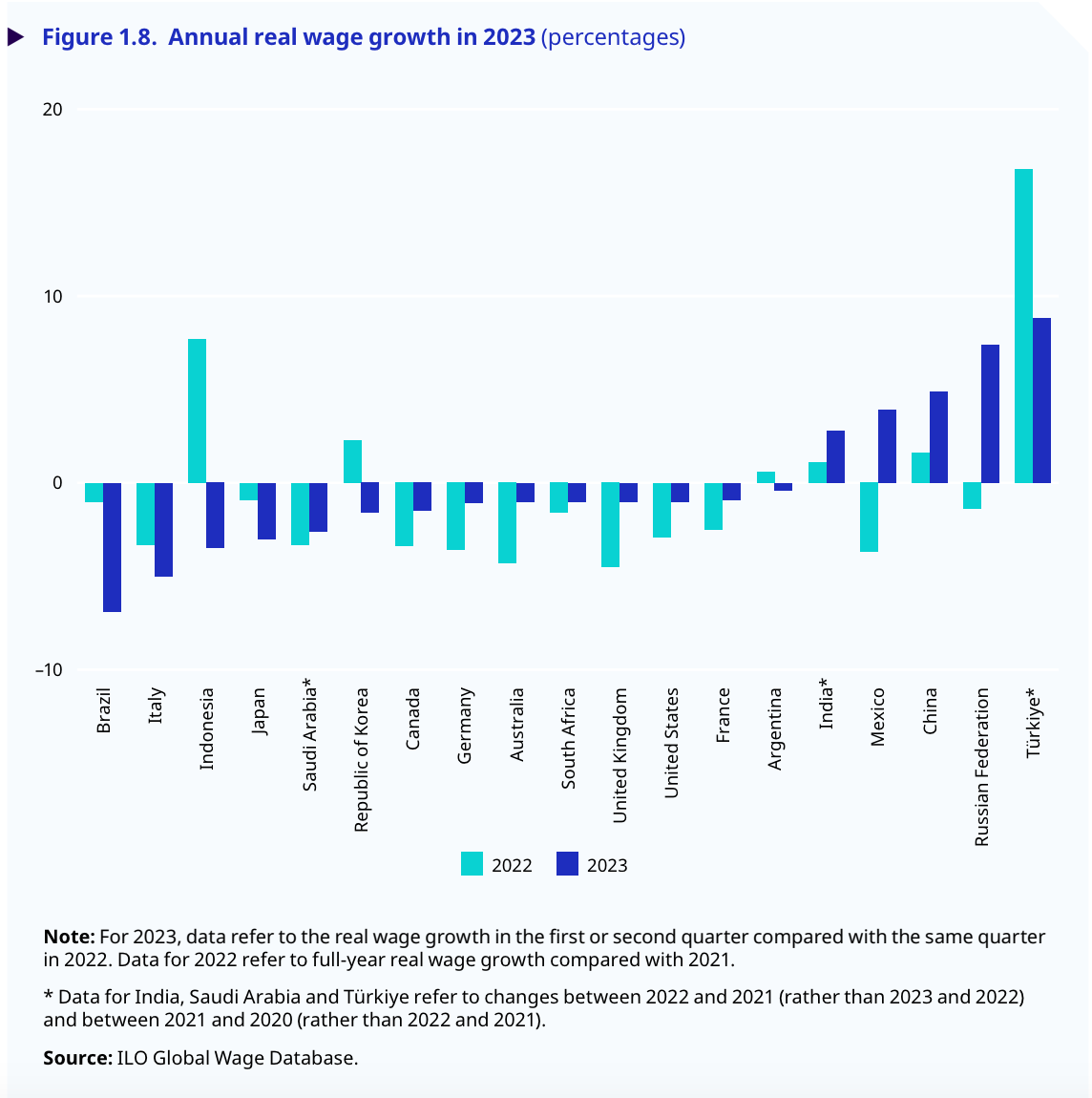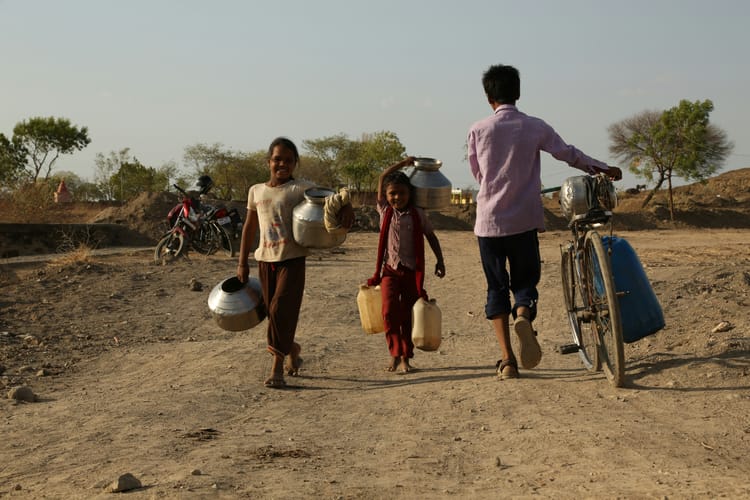GRI opens consultation on labour-related standards amid growing worker poverty

The Global Reporting Initiative (GRI) is seeking feedback on several of its labour-related standards with a view to update them in line with recent worker and human rights guidance.
The first public comment period is open until October 4, 2024 around the new drafts of three specific standards: GRI 402 on labour/management relations, GRI 401 on employment and GRI 202 on market presence. Companies can register to attend free global webinars on the project on 20 June and 25 June.
The updated drafts were developed with support from the International Trade Union Confederation, the Global Unions Federations (both of which represent workers), the International Organisation of Employers and the International Labour Organisation (ILO).
Unemployment is down – but so are real wages
According to the ILO 2024 Trends Report, global unemployment fell back to pre-pandemic levels in 2023, at 5.3%, but real wages declined in the majority of G20 countries as wage increases failed to keep pace with inflation.

Additionally, the numbers of workers living in extreme poverty – earning less than US$2.15 per day per person – grew by about 1 million. The number of workers living in moderate poverty (earning less than US$3.65 per day) also increased by about 8.4 million in 2023, and around 435 million job seekers worldwide still could not find employment.
GRI’s goal with the review is to enhance transparency on employment practices (including non-standard forms of employment, apprentices and internships, fair recruitment, performance management, personal data protection and privacy, employment termination, and hiring and turnover metrics), working conditions, pay (including policies and metrics of cost-of-living estimates, basic gender pay gap, and social protection coverage) and working hours (particularly in light of the increase in home working), as well as the way businesses handle significant changes (such as new technology adoption) for workers.
Labour-related standard revision: ‘a high priority’
It also seeks to align standards with new intergovernmental instruments for business and human rights, including those set by the ILO, the UN and the Organisation for Economic Co-operation and Development (OECD).
Carol Adams, Chair of GRI’s Global Sustainability Standards Board (GSSB), explained: “Revising labour-related disclosures is a high priority for the GSSB, given widespread recognition of the need for organisations to do more to protect human and labour rights and ensure decent conditions and treatment of workers. Better information and disclosure are key to achieving the SDGs and improving decision-making. I encourage all stakeholders to review the changes and provide feedback.”
Over the next year, the initiative will open two more consultations on standards for working life and career development as well as workers’ rights and protections. In total, updates will be made to 11 GRI Standards.







Member discussion